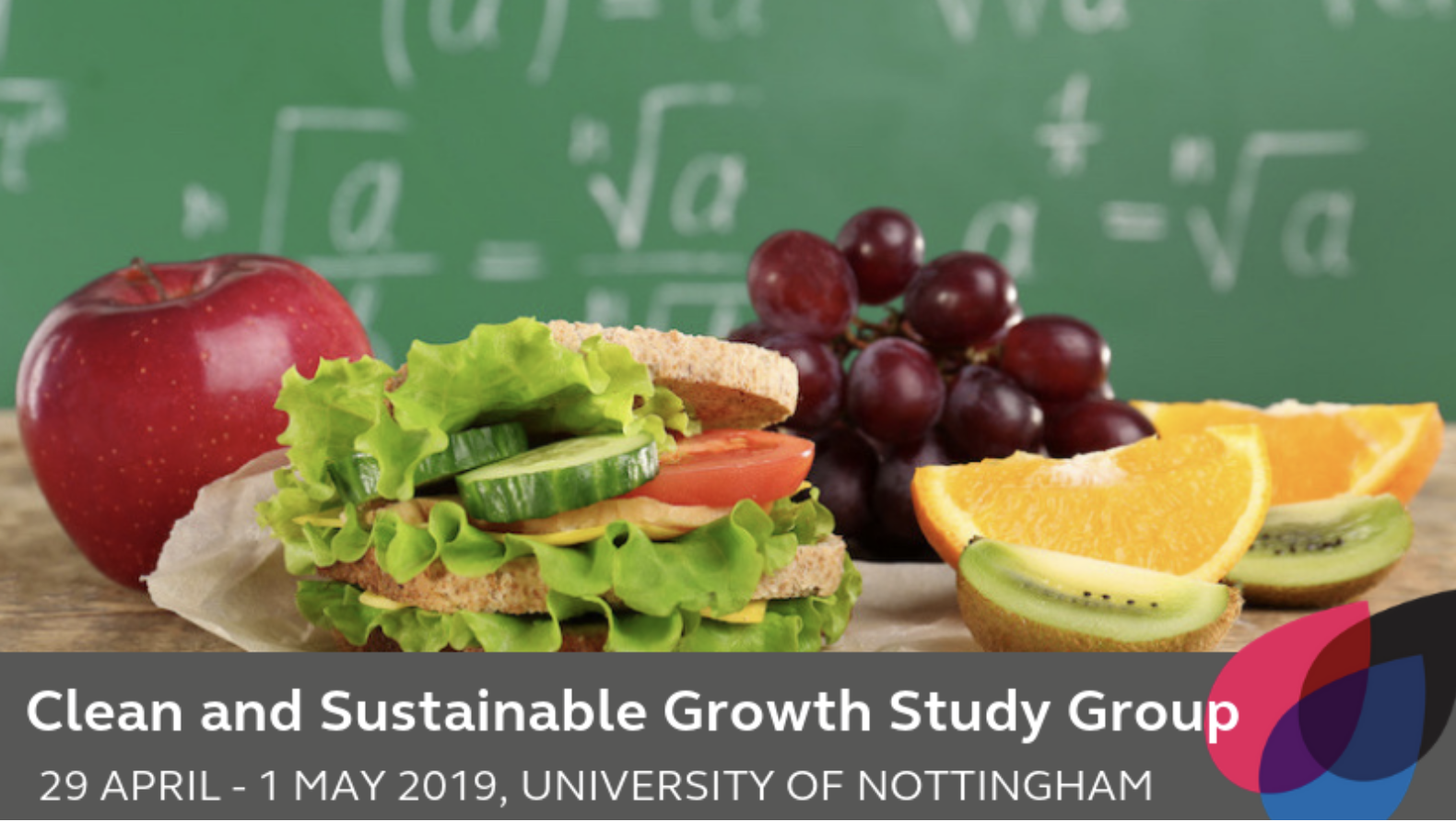In the Knowledge Transfer Centre, in addition to Knowledge Transfer Partnerships, a government-funded initiative we are more commonly associated with, we also pride ourselves on non-KTP collaborations, helping bring different people and ideas together for a positive impact.
We work across multiple themes, collaborating with various companies and individuals both within and outside of the University of Reading, continuing to enforce our goal of knowledge exchange. This can be anything from putting someone in touch with the right people, right the way up to full support in the development of a product or service.
One such non-KTP partnership is one we have established with US-based media streaming company, WorldCast Live.

(Left to right: Simon Cutler: Senior Business Relationship Manager at the KTC, Peter Lewis: CEO of WorldCast Live, Jacqueline Benton: Co-Founder/Director of Operations and Planning at WorldCast Live, Ed Cooper: Director at Vital Six, Susan Elliott: Managing Director at Vital Six)
We caught up with Peter Lewis and Jacqueline Benton from WorldCast Live to discuss how working with the KTC and with Reading-based business incubation centre, Innovation Catalyst (https://innovationcatalyst.spaces.nexudus.com/en), has helped them grow their business and build their network.
How did you first get in contact with the University of Reading?
I used a search engine to try and found some local help for the business and the University of Reading was one of the first listings. It was both local and had a great reputation, so I got in touch.
You’ve worked closely with the KTC in the early stages of contact, can you walk us through the process?
My initial contact resulted in a reply from the KTC almost immediately, soon followed by a meeting in the centre itself. From there, I was given the exact support and guidance I needed for the project to begin developing. They walked me through the entire process from opening a company, identifying and sourcing the support I need, and also pointed me in the direction of Innovation Catalyst.
Once you engaged with Innovation Catalyst, how have you benefited from that community, as well as being part of the Barclays Flight Programme?
It has been a fantastic benefit; we were at a point where we were almost fumbling around trying to find out what we needed to do to get a start-up company off the ground, but they were able to guide us and provide invaluable advice to help us move forward. They also connected me with other businesses and Barclays Eagle Lab, which has been so helpful for us not only in advising what we need to do next, but also the pitfalls to avoid. It’s been a really fantastic experience.
Being based in New York, what are your global plans for the company moving forward?
What we’ve learned is that working with brands both in the UK and the US exposes you to different ways of working, allowing us to finetune our software, permitting us to be more agile in our approach, and also it means that we can expand faster because we understand the differences in the markets. It has been a great learning experience from beginning to end, and I have journeyed here several times now, learning new things that I am able to pass on to our IT staff which means we can expand into new areas that we wouldn’t have known or thought about should we have not been part of a collaboration.
Where does the Academic expertise come in to help with the service you provide as a business?
Because we’re a start-up business, we want to make sure we’re approaching our business plan the right way. We want to ensure we understand the market, we understand the risks, and we understand the technology possibilities and limitations. It also helps us gain an understanding of where does our product fit in the market, how do we compare with competitors, and what do we need to do to grow the business. We have had tremendous support from the university with navigating our way to the next steps.
In terms of the relationships you’ve made as a result of working with Innovation Catalyst, are you likely to continue the relationships with the people and businesses you’ve met over the past few months?
Yes it will, and we’ve even made some new business relationships today where we’ve managed to agree other collaborations, so there is a huge benefit to each of these workshops not just with the content and the presentations, but the other attendees.
You can watch the video of this meeting right here.
If you or your business could benefit from a collaboration with the Knowledge Transfer Centre, contact us today to discuss the many opportunities available to you in more detail.



 This partnership received financial support from the Knowledge Transfer Partnerships (KTP) programme . KTP aims to help businesses to improve their competitiveness and productivity through the better use of knowledge, technology and skills that reside within the UK knowledge base. This successful Knowledge Transfer Partnership project, funded by UK Research and Innovation through Innovate UK, is part of the government’s Industrial Strategy.
This partnership received financial support from the Knowledge Transfer Partnerships (KTP) programme . KTP aims to help businesses to improve their competitiveness and productivity through the better use of knowledge, technology and skills that reside within the UK knowledge base. This successful Knowledge Transfer Partnership project, funded by UK Research and Innovation through Innovate UK, is part of the government’s Industrial Strategy.









